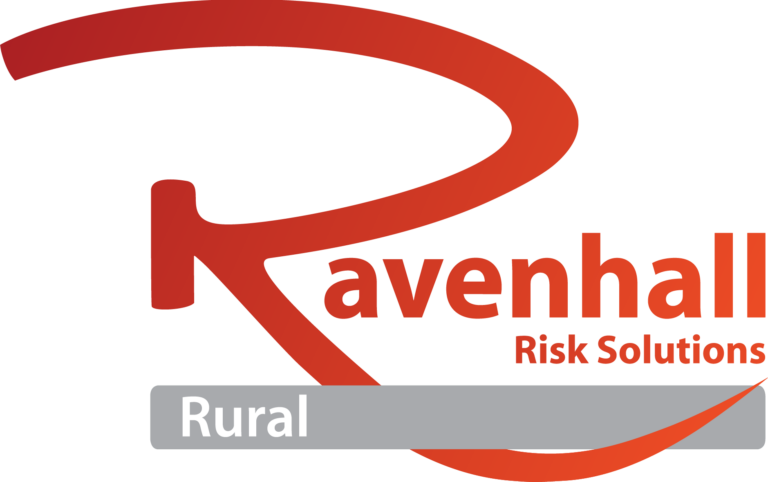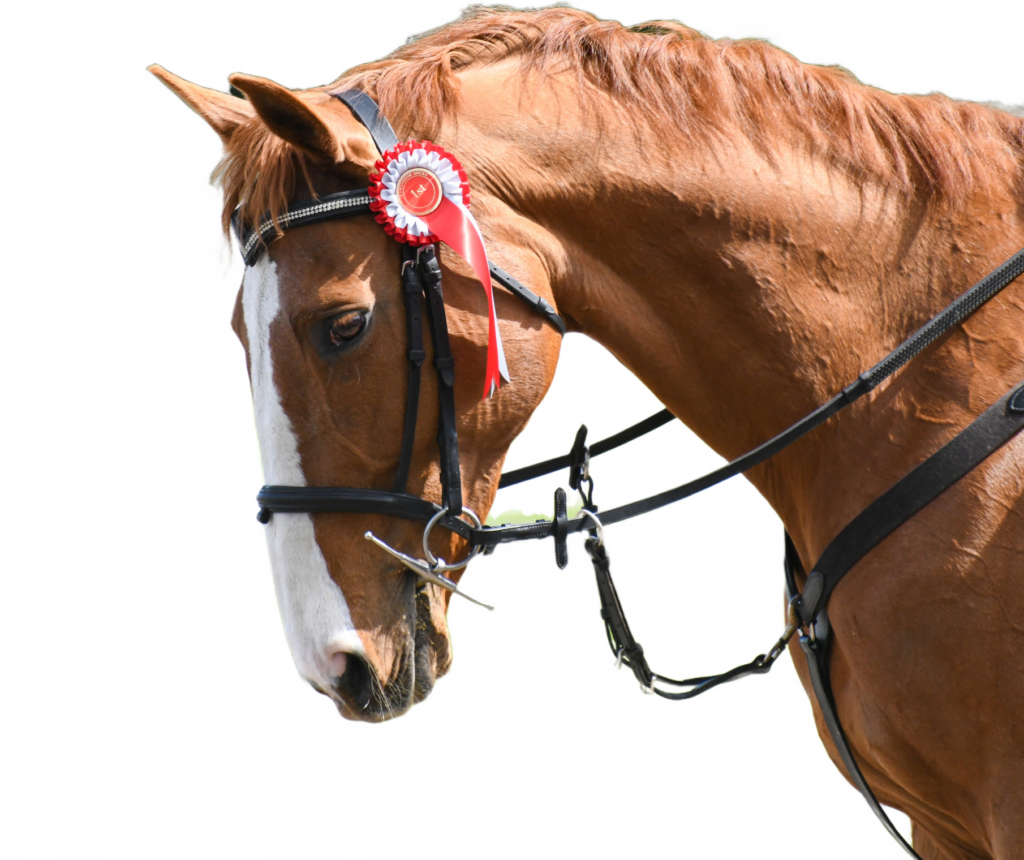At Ravenhall Rural, we know that seasonal diseases can have a great impact on both the health and welfare of your horses, but also financially to your business. As Autumn approaches, we want you to be as prepared as possible for infections of the Equine Atypical Myopathy disease within your yard. By making some simple changes, you can ensure your business won’t have to suffer and your horses will stay safe into the winter months.
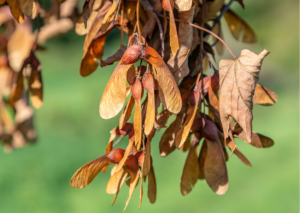
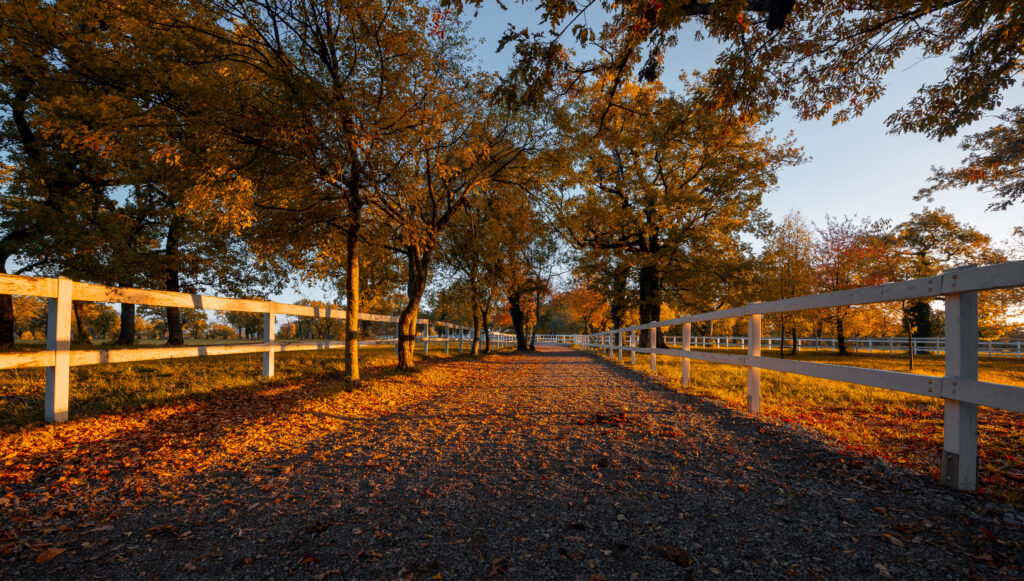
Atypical Myopathy
What is Equine Atypical Myopathy?
Equine Atypical Myopathy is a relatively common disease in the UK and Northern Europe which is caused by the ingestion of Sycamore seeds. This disease occurs more commonly in the autumn months. The seasonal disease is highly fatal, with a 30-40% survival rate, especially in younger horses as the older foals have a higher toxin tolerance.
Equine Atypical Myopathy is caused by the presence of the Toxin Hypoglycin A in the helicopter seeds from a Sycamore tree. These seeds cause destruction of the respiratory, cardiac and postural muscles if ingested by equine life. Cases in horses or pastures grazed in, can cause closures to riding schools or competition centers, which could be detrimental to your business.
During the autumnal months, you should be alert of signs of the disease and try to minimize the risk of a spread within your yard. Some common symptoms of the highly fatal muscle disease include –
General weakness of health such as
- Weak breath
- Standing struggles
- Inability to walk
- Increased heart rate
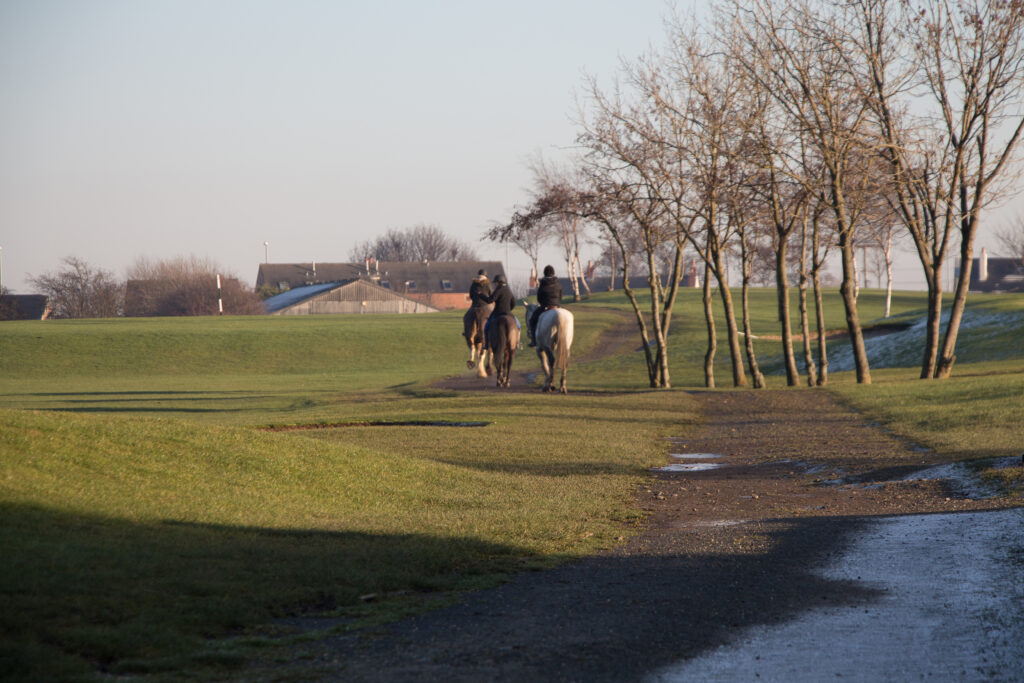
Other indications of the disease may include-
- Dark, concentrated urine
- Shivering
- Sweating
- Laying down more than usual, with inability to get back up
However, it’s important to note that no matter how severely ill your horse is, reports have shown no change in appetite. So it’s quite likely your horse will likely eat as normal.
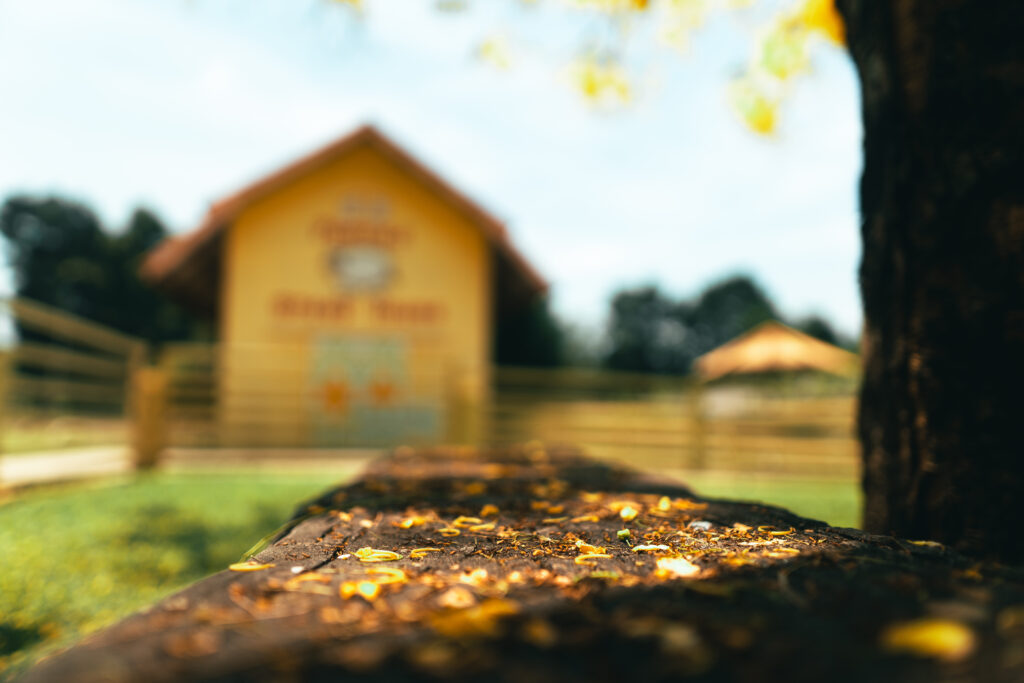
Business
We know that some veterinary treatment isn’t cheap, therefore having the right insurance in place can be the best way to protect your livelihood. The team at Ravenhall Rural are here to help. As experienced insurers, Ravenhall Rural have direct experience in the safeguarding of livery yards, riding schools and equestrian businesses. In addition to having the right insurance in place, we suggest removing Sycamore trees (where possible) in the area, rake Sycamore seeds on the ground and regularly inspecting the area your horse grazes.
Insurance
Are you Insured?
With understanding of the potential severity of the disease, an outbreak can prove to be costly to your business, especially as the income of any yard depends on the horses. Treatment for the disease can last up to five days, with the infected likely needing intensive 24 hour care.
We advise that you have adequate covers in place to protect your income, should your business fall victim to costly, intensive veterinary treatment.
Speak to a member of our team to find out more. Email enquiries@ravenhallgroup.co.uk or call 0345 216 3000.
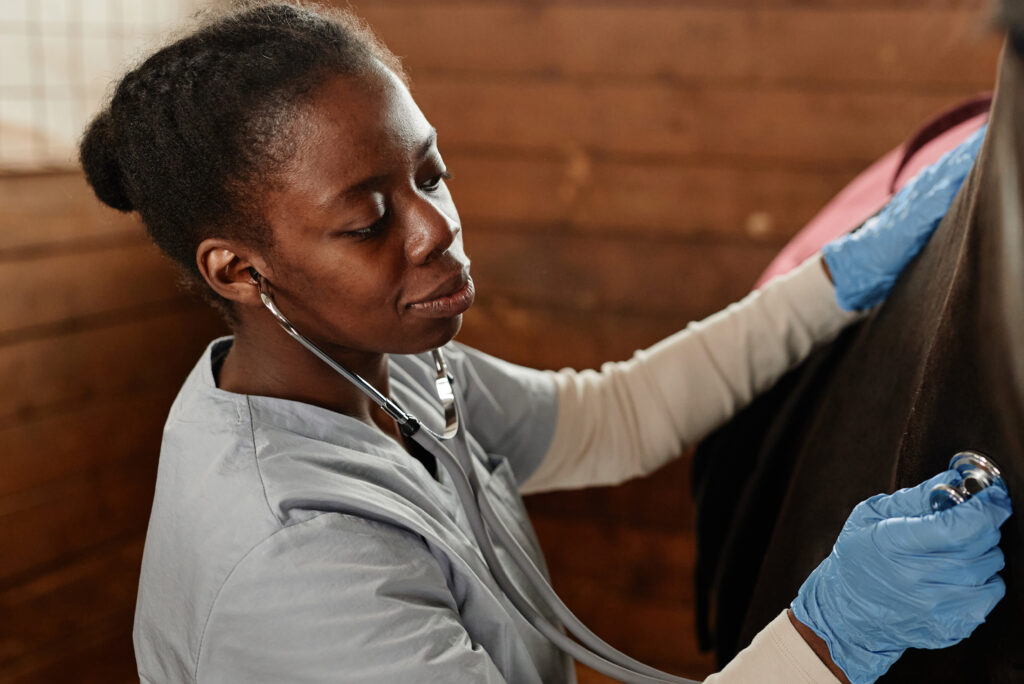
Contact Us
If you have any questions for a member of the Ravenhall Rural team, please contact us on 0345 216 3000, or complete the contact form below.
